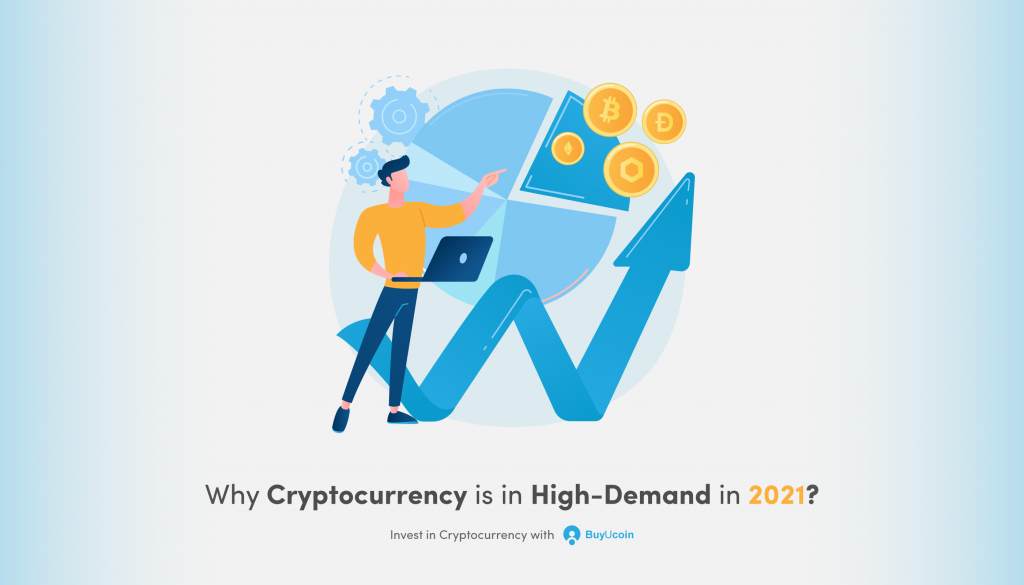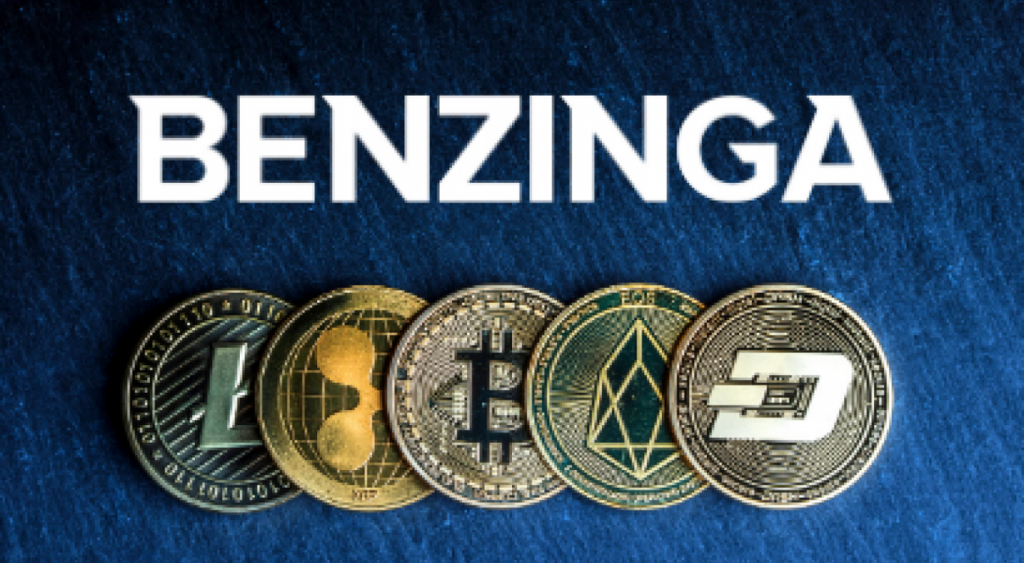According to the Central Bank, the April 6, 2018 circular requesting banks to stop crypto payments is no longer legitimate and should not be mentioned.
The banks, on the other hand, must continue to conduct customer due diligence in accordance with the rules, according to the report.
ICICI Bank, HDFC Bank, SBI, and Paytm Payments Bank are among the banks that have recently begun to take action against cryptocurrency transactions.
Crypto Transactions
The Reserve Bank of India has now released a clarification on banks barring crypto transactions citing the RBI’s notification, which is a relief to the Indian crypto industry. Since the Supreme Court overturned the RBI notification from April 6, 2018, prohibiting banks from providing any services to crypto startups, the central bank has emphasized that the RBI notification can no longer be used by banks to restrict crypto transactions.
Leading banks — HDFC Bank, ICICI Bank, State Bank of India, and many others — continue to block crypto transactions a year after the Supreme Court’s decision, citing the RBI’s long-standing stance on cryptocurrencies. As crypto transactions grew significantly in the last month, while ICICI restricted B2B services for crypto companies, HDFC and SBI sent new emails to their customers threatening to block their accounts or credit cards if they continued to make crypto payments.
The move has been greeted positively by the crypto community as a whole. Shivam Thakral, CEO of Delhi-based crypto exchange BuyUcoin said, “We are grateful to the Reserve Bank of India for issuing clarity on the matter. The Crypto industry has been facing a lot of issues when it comes to using formal banking channels for crypto trades and this circular will clear the air. RBI’s stance on crypto asset trading has not changed since the honorable Supreme Court order in March 2020 and it was highly unpleasant to see banks pulling the plug on crypto exchanges which impacted millions of users/investors across the country.
Why Did The Reserve Bank Of India (RBI) Have To Issue A Clarification?
The Reserve Bank of India (RBI) issued a circular on April 6, 2018, asking banks and other RBI-regulated companies to stop providing banking services to cryptocurrency companies. The notification was overturned by the Supreme Court on the grounds of proportionality after 23 months of hearings in several high courts and eventually at the Supreme Court, which had consolidated all of these crypto cases.
In practise, however, most of the major banks have maintained their positions despite the Court’s decision.An HDFC Bank executive, who did not wish to be named, told Inc42, “We are merely following the RBI guidelines given to us. Until and unless the regulator changes its stance towards crypto, our hands are tied.”
While other banks, including ICICI Bank, Paytm Payments Bank, and the State Bank of India, did not expressly cite the RBI’s April 6, 2018 notification, HDFC Bank did in a series of emails to its customers.
The RBI was forced to issue the explanation in order to avoid being held in contempt of court. In its latest notification, the central bank said, “It has come to our attention through media reports that certain banks/ regulated entities have cautioned their customers against dealing in virtual currencies by making a reference to the RBI circular DBR.No.BP.BC.104/08.13.102/2017-18 dated April 06, 2018. Such references to the above circular by banks/ regulated entities are not in order as this circular was set aside by the Hon’ble Supreme Court on March 04, 2020, in the matter of Writ Petition (Civil) No.528 of 2018 (Internet and Mobile Association of India v. Reserve Bank of India). As such, in view of the order of the Hon’ble Supreme Court, the circular is no longer valid from the date of the Supreme Court judgment, and therefore cannot be cited or quoted from.”
Banks must continue to carry out customer due to diligence processes in accordance with regulations governing standards for Know Your Customer (KYC), Anti-Money Laundering (AML), Combating Financing of Terrorism (CFT), and obligations of regulated entities under the Prevention of Money Laundering Act, according to the RBI.
Source : Inc42




